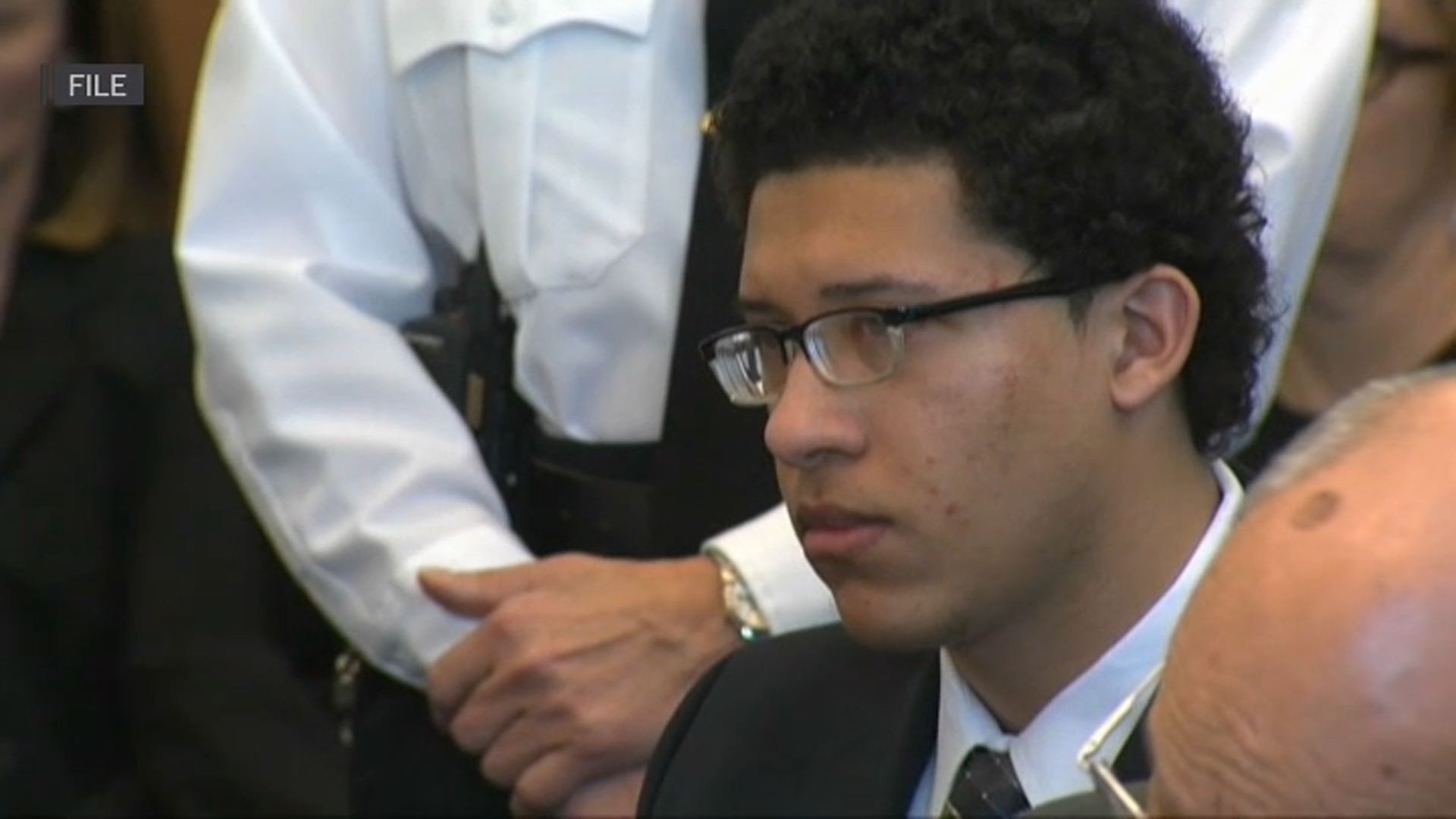This week's freezing temps will be joined by a snowstorm at the end of this week. A major storm is headed to New England.
But there's still time to prepare.
Read on for some helpful tips to help you cope with this dangerously cold weather at home, in your car or when caring for your pets:
AROUND YOUR HOME
- Stay indoors if possible. If you must go outdoors, officials urge you dress warmly and wear loose-fitting, layered, lightweight clothing. Wear a scarf over your mouth to protect your lungs.
- Watch for signs of hypothermia, including uncontrollable shivering, weak pulse, disorientation, incoherence and drowsiness, and frostbite, including gray, white or yellow skin discoloration, numbness and waxy-feeling skin.
- Have safe emergency heating equipment in your home, as well as a flashlight, portable radio and three days' worth of food in case the power goes out.
- To prevent frozen pipes, State Farm suggests letting your hot and cold faucets drip overnight and open cabinet doors to allow heat to get to uninsulated pipes under sinks on exterior walls.
- Find the water shut-off valve in your home in advance of a water emergency, so you know where to go if a pipe bursts.
- Disconnect garden hoses and, if practical, use an indoor valve to shut off and drain water from pipes leading to outside faucets.
- If you' are going away for an extended period of time, be sure to maintain adequate heat inside your home at no lower than 55 degrees.
- Do not place a space heater within three feet of anything combustible.
- Go ahead and program your local utility contact information into your cell phone now, before you need them.
If any areas in Boston are without power, residents should call their utility company to report outages. They can also call 311 with concerns or questions.
NSTAR: 1-800-592-2000
Local
NSTAR Gas: 1-800-592-2000
National Grid: 1-800-322-3223
Boston Water & Sewer Commission: 617-989-7000
KEEPING YOUR CAR SAFE AND RUNNING
- If your car battery is three years old or older, it is more likely to fail as temperatures drops, according to AAA. Never attempt to charge or jump-start a battery that is frozen, as it may rupture or explode.
- Never warm up a vehicle in an enclosed area, such as a garage.
- Make certain your tires are properly inflated.
- Keep your gas tank at least half full to avoid gas line freeze-up.
- If possible, avoid using your parking brake in cold, rainy and snowy weather.
- Wintry weather can contribute to the deterioration of your windshield wipers. Worn blades streak and impair vision, which is critical during winter months. AAA says wiper blades should be replaced every year.
- Keep your washer fluid topped off with winter formula fluid so it won't freeze. Many of your car's fluids should be checked once a month.
KEEPING YOUR PET(S) SAFE
- Keep your pets inside. Dogs and cats left outside can freeze, get injured or become lost.
- If there are outdoor cats in your area, bang on the hood of your car before starting the engine to give them a chance to escape.
- The ASPCA suggests wiping your dogs' legs, feet and abdomens when they come in from snowy or icy conditions. Dogs can ingest salt, antifreeze and other chemicals when licking their paws.
- Never leave your pet inside a car unattended.
- You can contact the MSPCA for 24/7 emergency and critical care.
HELPING THE HOMELESS
- Be on the lookout for homeless people, who could get hypothermia as temperatures drop. If you see someone in the New England area who needs shelter or warmer clothing, you may call the Boston Public Health Commission at: (617) 534-2526.
- Warming centers are often available, based on required needs. Because the Boston Centers for Youth and Families warming center list is subject to change, please call 311 for updates.



